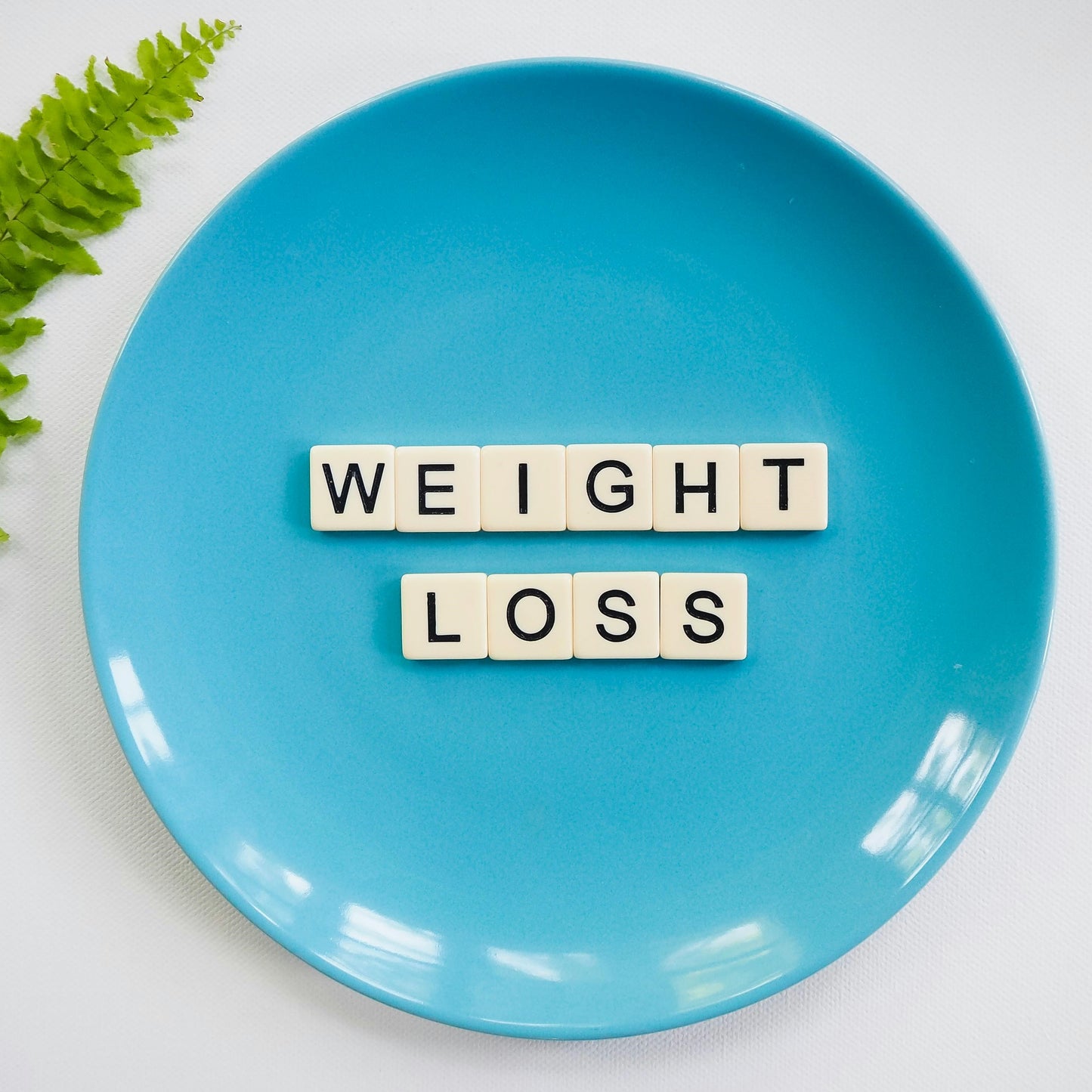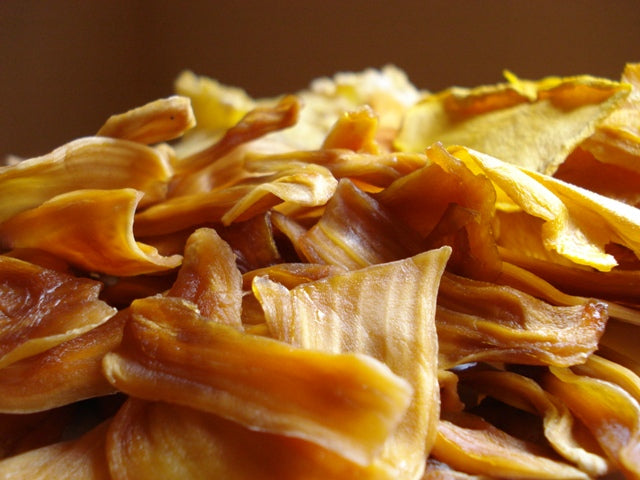
CAN YOUR DAILY CUP OF HERBAL TEA REALLY HELP YOU SHED THOSE EXTRA POUNDS?
The Rise of Weight Loss Teas
The concept of using tea for medicinal purposes is not new. For thousands of years, various cultures have harnessed the power of herbs for healing and wellness. In recent decades, the focus has shifted to weight loss, with countless brands marketing herbal tea blends as miracle solutions for shedding pounds. But do these claims hold water, or are they just clever marketing strategies?
In the quest for a healthier lifestyle and a slimmer waistline, many people turn to natural remedies, with herbal teas often topping the list. The allure of sipping a flavorful brew that promises to melt away fat is undeniably appealing. But in a market flooded with "slimming teas" and "detox blends," it's crucial to separate fact from fiction. This blog will dive deep into the world of herbal teas for weight loss, examining their potential benefits, debunking common myths, and highlighting which herbs might actually support your weight loss journey.
"Discover the facts behind herbal teas for weight loss. Learn which herbs can support your weight loss journey and which claims are just hot air."
Myths vs. Facts: Separating Truth from Fiction
Myth 1: Herbal teas can burn fat directly
Fact: No tea can directly burn fat. However, some herbs may support metabolic processes that contribute to weight loss.
Myth 2: Detox teas cleanse your body and lead to weight loss.
Fact: Your body has its own detoxification systems (liver, kidneys). While some herbs may support these systems, they don't "cleanse" your body or directly cause weight loss.
Myth 3: Slimming teas work overnight
Fact: Sustainable weight loss takes time and involves a balanced diet and regular exercise. No tea can provide instant results.
Myth 4: All natural teas are safe for everyone
Fact: Natural doesn't always mean safe. Some herbs can interact with medications or have side effects, especially when consumed in large quantities.
Effective Herbal Teas for Supporting Weight Loss
While no tea is a magic bullet for weight loss, some herbal teas have properties that may support your weight loss efforts when combined with a healthy diet and exercise routine:
1. Green Tea
Green tea is perhaps the most studied herb for weight loss. It contains catechins, particularly epigallocatechin gallate (EGCG), which may boost metabolism.
Benefits:
• May increase fat oxidation
• Contains caffeine, which can boost energy expenditure
• Rich in antioxidants
Research: A meta-analysis published in the International Journal of Obesity found that green tea catechins combined with caffeine had a small positive effect on weight loss and weight maintenance.
2. Hibiscus Tea
Known for its tart flavor, hibiscus may offer some weight loss benefits.
Benefits:
• May act as a mild diuretic
• Could help lower blood sugar and lipid levels
Research: A study in Food & Function found that hibiscus extract reduced body weight and improved liver steatosis in obese mice.
3. Ginger Tea
Ginger has thermogenic properties, meaning it may slightly increase body temperature and potentially boost metabolism.
Benefits:
• May reduce feelings of hunger
• Can improve digestion and reduce bloating
Research: A systematic review in Critical Reviews in Food Science and Nutrition suggested that ginger consumption had a significant effect on body weight and belly fat.
4. Oolong Tea
Like green tea, oolong contains catechins and caffeine, which may support metabolism.
Benefits:
• May help reduce body fat
• Can improve lipid metabolism
Research: A study in the Chinese Journal of Integrative Medicine found that oolong tea consumption helped obese individuals reduce body weight and body fat.
5. Peppermint Tea
While not directly linked to weight loss, peppermint tea may support your efforts in other ways.
Benefits:
• Can reduce appetite and cravings
• May alleviate bloating and improve digestion
Research: A study published in Appetite found that peppermint scent reduced hunger and calorie intake.
6. Rooibos Tea
This South African herb is caffeine-free and rich in antioxidants.
Benefits:
• May help balance blood sugar
• Could prevent fat cell formation
Research: A study in Phytomedicine found that rooibos tea increased fat metabolism and blocked fat cell formation in laboratory studies.
How Herbal Teas Can Support Weight Loss
While these teas won't magically melt away fat, they can support your weight loss efforts in several ways:
1. Hydration: Proper hydration is crucial for weight loss, and herbal teas provide a flavorful way to increase fluid intake.
2. Appetite Control: Some herbs may help reduce hunger and cravings, making it easier to stick to a calorie-controlled diet.
3. Metabolism Support: Certain compounds in teas, like catechins and caffeine, may slightly boost metabolism.
4. Stress Reduction: Many herbal teas have calming properties, which can help manage stress-related eating.
5. Digestive Support: Improved digestion can reduce bloating and support overall gut health, which is increasingly linked to weight management.
6. Replacement for High-Calorie Beverages: Switching from sugary drinks to herbal teas can significantly reduce calorie intake.
The Right Way to Use Herbal Teas for Weight Loss
If you're considering incorporating herbal teas into your weight loss plan, keep these tips in mind:
1. Be Realistic: Herbal teas should be viewed as a supportive tool, not a magic solution.
2. Choose Quality: Opt for high-quality, organic teas to avoid pesticides and additives.
3. Avoid Added Sugars: Sweeten teas naturally with a small amount of honey or stevia if needed.
4. Stay Consistent: Regular consumption is key to experiencing any potential benefits.
5. Pair with Healthy Habits: Combine tea consumption with a balanced diet and regular exercise.
6. Listen to Your Body: Pay attention to how different teas make you feel and discontinue use if you experience any adverse effects.
7. Consult a Professional: If you have any health conditions or are taking medications, consult with a healthcare provider before starting any new herbal regimen.
Potential Risks and Side Effects
While herbal teas are generally safe for most people, there are some potential risks to be aware of:
1. Caffeine Sensitivity: Teas containing caffeine may cause jitters, insomnia, or increased heart rate in sensitive individuals.
2. Interactions with Medications: Some herbs can interact with certain medications, including blood thinners and diabetes drugs.
3. Pregnancy and Breastfeeding: Many herbs are not recommended during pregnancy or while breastfeeding.
4. Overuse: Consuming excessive amounts of any herbal tea can lead to negative side effects.
5. Allergic Reactions: Some people may be allergic to certain herbs.
Conclusion
Herbal teas can be a delightful and potentially supportive addition to a weight loss journey, but they're not a substitute for a healthy lifestyle. The most effective approach to sustainable weight loss remains a balanced diet, regular physical activity, and overall healthy habits. Herbal teas can play a role in this broader picture by providing hydration, potentially supporting metabolism, and offering a satisfying alternative to high-calorie beverages.
Remember, the key to successful weight loss is finding sustainable changes you can maintain long-term. If you enjoy the ritual and flavors of herbal teas, they can certainly be part of your healthy lifestyle. Just be sure to approach them with realistic expectations and a critical eye towards overblown marketing claims.
So, go ahead and enjoy that cup of green tea or peppermint infusion. It may not melt away pounds overnight, but it can be a pleasant and potentially beneficial part of your overall wellness routine. Cheers to your health!


